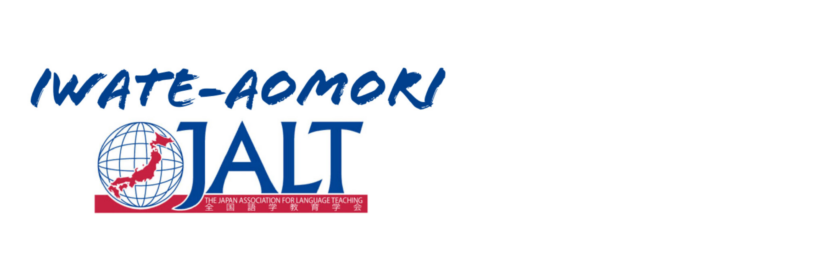
Date: Saturday, June 21, 2025
Venue: Hachinohe Gakuin University – Hachinohe Art Museum Satellite Space, Hachinohe, Aomori
Event Page: https://www.facebook.com/events/1305505580681857/
MEES Page: https://meesjapan.wordpress.com/
The 10th Anniversary of MEES
“Foundations and Frontiers of EFL: Past Lessons and Future Solutions”
We welcome any proposals with relevance to language use, learning, and teaching for any age group within the ELF context. Submissions may include action research conducted inside or outside the classroom, works in progress, teaching strategies and pedagogy, pilot studies, as well as proposals for discussion sessions and workshops.
Sessions are set at 30 minutes (including questions). Please advise us on your session format: formal presentation, workshop, discussion, or demonstration. Also, if you would like more than 30 minutes, let us know.
Abstract Submissions: Abstract must be no longer than 300 words in English, in either MS Word, Mac Pages, or PDF file.
Send all abstract submissions to: MEESjapan@gmail.com
Proposal Abstract Deadline: Friday, May 9th, 2025.
